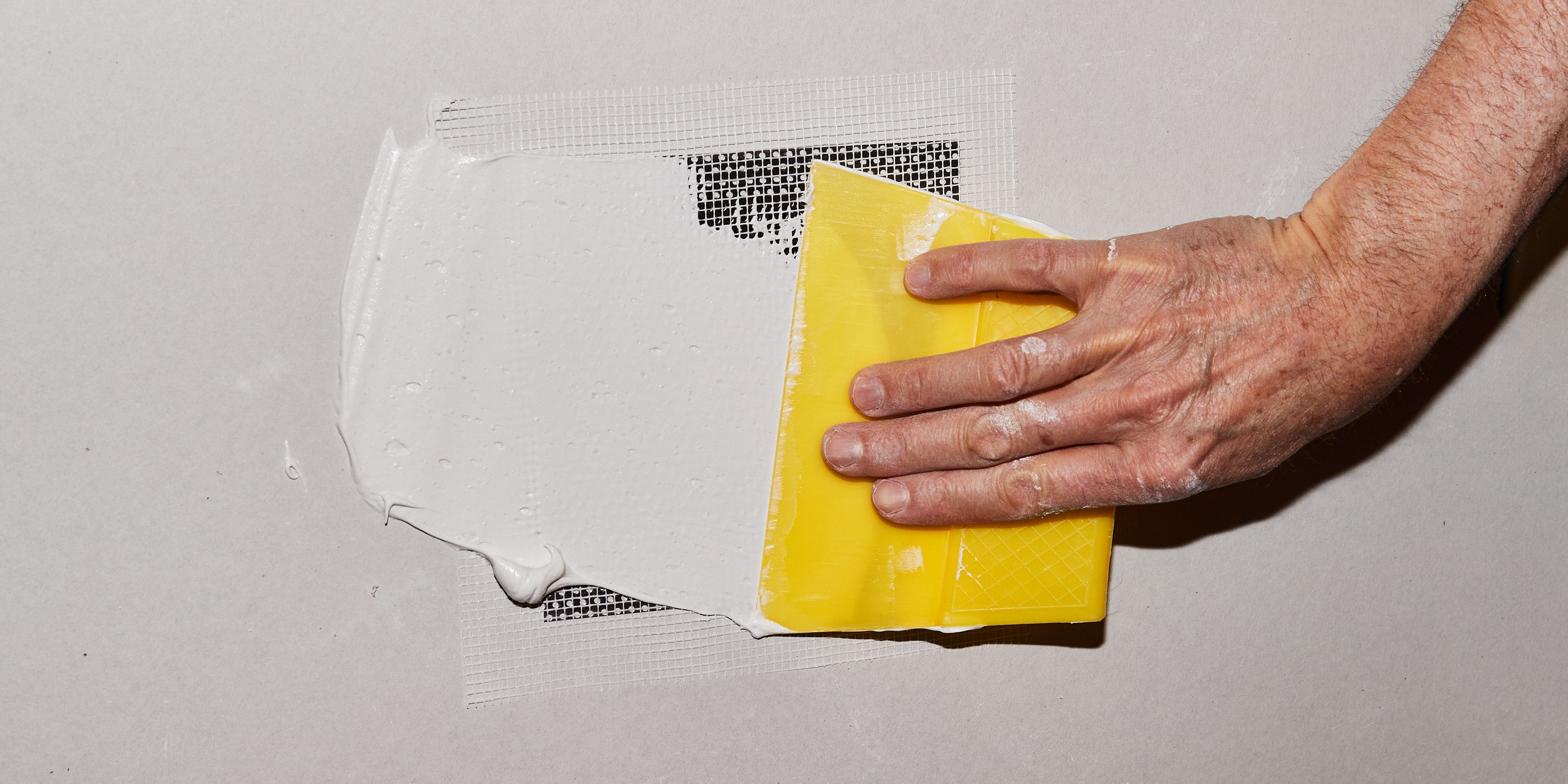Free Reasons On Picking Drywall Repair
What Exactly Is Drywall? And How Did It Get To Require Repairs?Drywall, also known as gypsum board , or plasterboard, is a common construction material that is used to construct ceilings and walls. Drywall can be made up of a base of Gypsum that is sandwiched between two layers either fiberglass or paper.
Drywall damages can result from doors, furniture or even accidental impact.
Water damage: If drywall is exposed, it can become warped, discolored, or moldy.
Moving or setting the foundation can cause cracks in the walls.
Ageing: Drywall can be brittle with time, and cracks, holes or cracks could develop.
Work in electrical or plumbing If new electrical or plumbing is being installed, holes need to be made in the wall and then repaired.
Drywall repair generally involves filling holes or cracks with joint compound, sanding, and then painting to match the surrounding area. In some cases, it may be necessary to replace entire parts of drywall. It is essential to tackle the drywall repair promptly to avoid further damage and maintain the appearance of your building or home. Read the most popular additional hints for site examples including drywall and painting contractors near me, painting and drywall contractors near me, drywall mud and tape contractors, licensed drywall contractors near me, licensed drywall contractors, commercial drywall contractors near me, drywall installer, drywall and insulation contractors, drywall and plaster contractors, painting and drywall contractors near me and more.

What Can Happen To Drywall ? And How Can It Be Fixed?
For a seamlessand finished product repairs to drywall requires several steps. This involves the framing and insulation process, soundproofing, as well as patching, tapering and mudding. This is a brief overview of Framing. The framing can require repair or replacement when the damage to the drywall results from structural issues.
Insulation When the framing is completed, insulation can be added to the wall cavity. This is particularly important for walls that are outside or have separate living spaces.
Soundproofing: Add an additional layer of soundproofing between the framing and drywall to enhance the soundproofing. This could reduce noise transmission between rooms.
Patching: Drywall that has been damaged should be removed after the insulation, framing, soundproofing and soundproofing has been completed. This could mean taking damaged sections off and replacing the damaged sections with fresh drywall.
Taping to create a smooth surface, it is recommended to join the joints between two pieces of drywall once they have been positioned. Joint compound can be used to smooth the edges of the joints by applying joint tape.
Joint compound must be put on after the tape has been installed to fill any gaps and smooth out the surface. Joint compound might need to be applied multiple times, and each layer should be sanded between them.
Painting: When the joint compound has dried it is possible to paint the walls to match your decor. In order to achieve the desired appearance, you may need to apply several coats of paint.
Although drywall repair can be laborious, it can be done with professionalism and care.

Tips And Suggestions On Choosing A Drywall Contractor
It is important to select the right drywall contractor to complete your task. This will guarantee that the work is completed on-time, within budget, and at a high-quality standard. Here are some tips for choosing a drywaller ask your relatives and friends for recommendations. Word-of-mouth referrals are often the most reliable way to locate a reliable contractor.
It is also possible to research online for reviews of local drywall contractors through Google, Yelp or other review websites. This can give you an idea of their standing and quality of work.
Check credentials: Make sure the contractor you select is licensed, insured, and bonded. This protects you against any injuries or damages that may occur during the project.
Request estimates: Get written estimates from at least three contractors. This will give you an understanding of the various prices and will also allow you to recognize red flags.
Ask questions: Don't be afraid of asking questions regarding the contractor's processes, experience, and materials. A good contractor will be satisfied and will be able to address your questions.
Be sure to look for the ability to communicate: Select an expert who responds quickly and who communicates well. This will ensure that the project moves along smoothly and that you're satisfied with the final result.
References: Request references as well as follow-up. This allows you to get a feel for the quality of work and professionalism of the contractor. quality.
These suggestions can help you find a drywall business which is reliable, knowledgeable, and the perfect fit for your project.